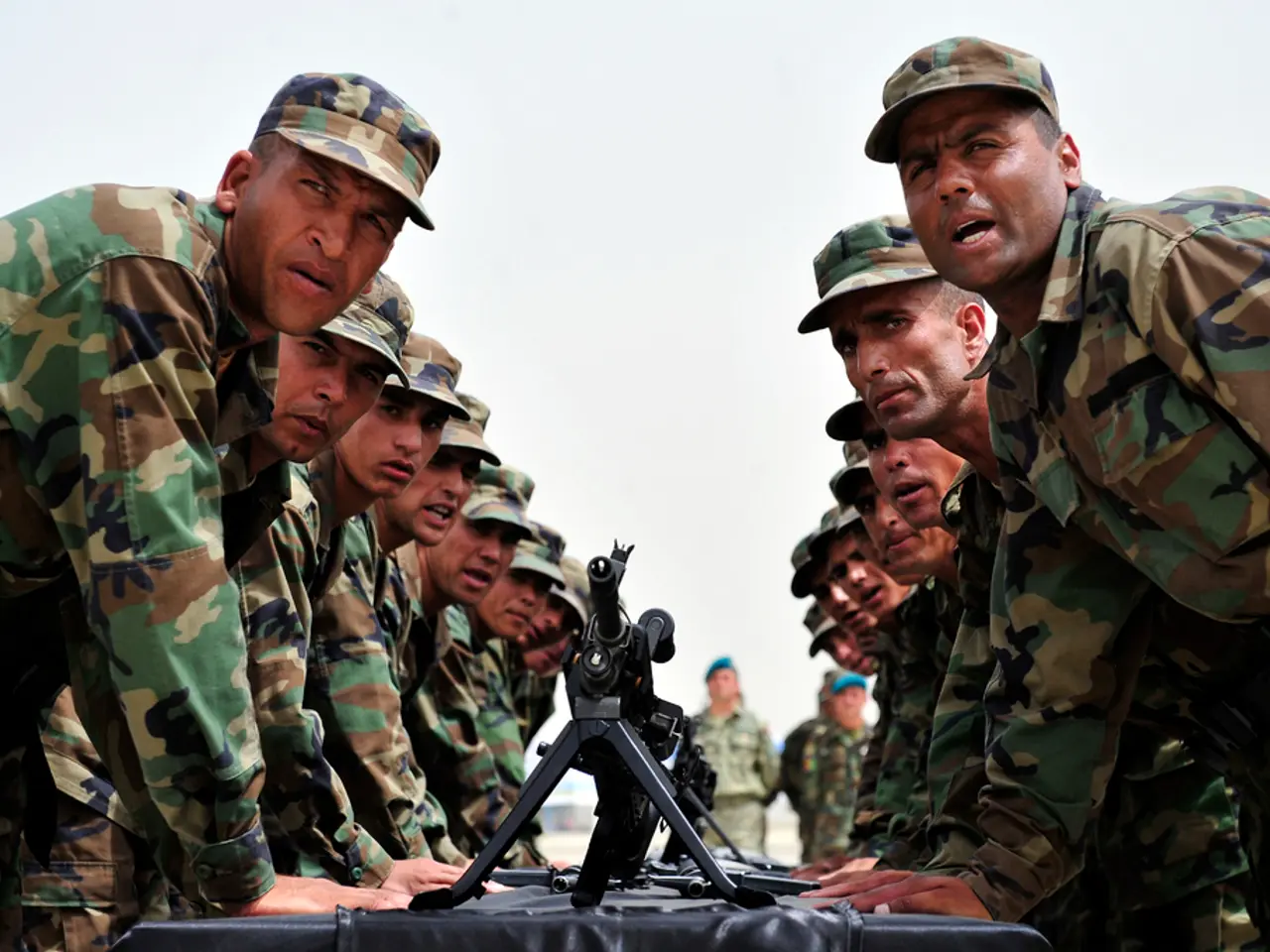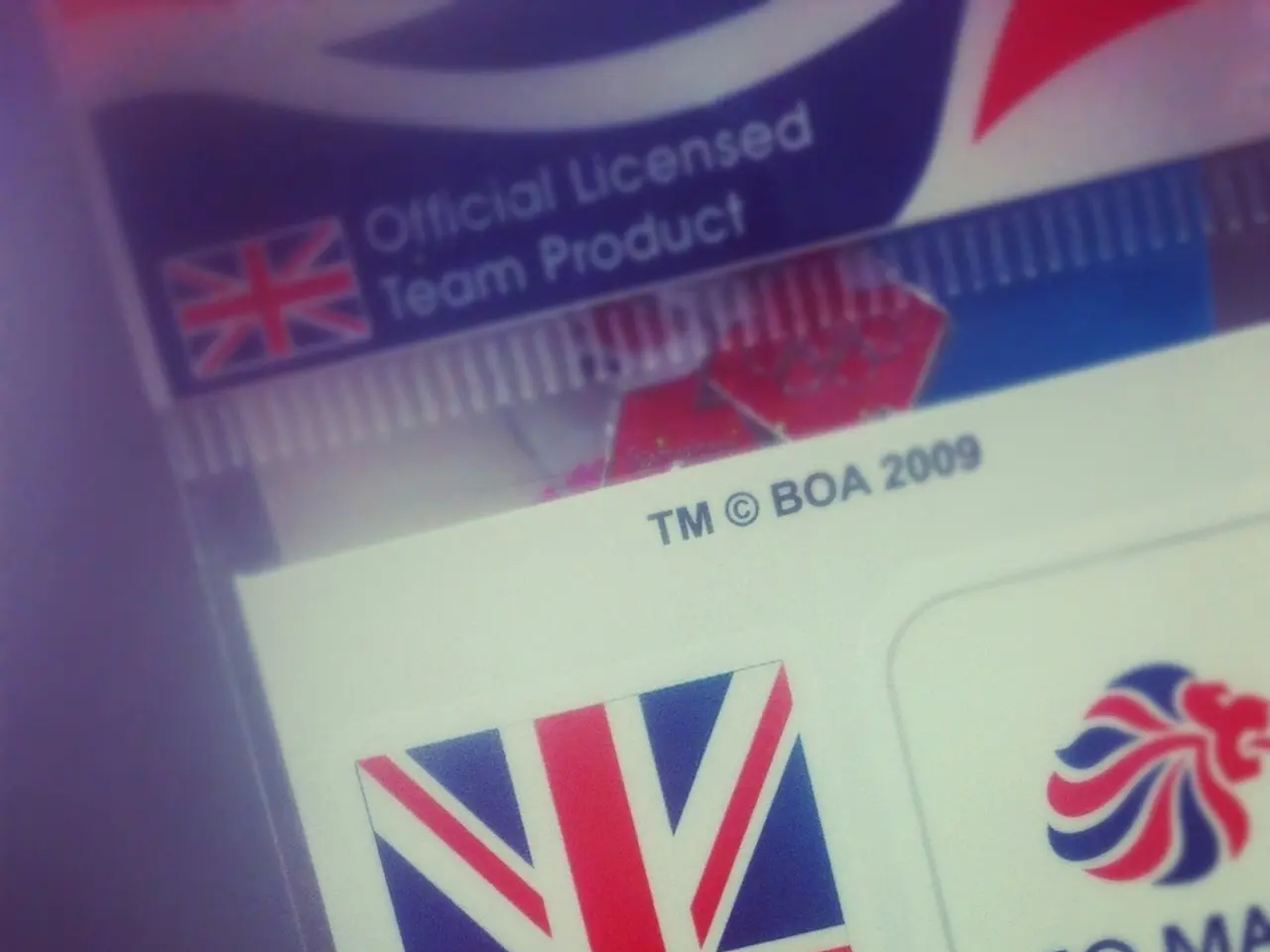Trump's Backoff: US Exempted from NATO's Higher Defense Spending Target
US Push for Exemption from Increased NATO Spending Obligation by Trump
Wanna know more about the NATO summit? Here's the lowdown!
Take it or Leave it Trump Relents, Pedals Back on NATO Defense Spending Target
In a turn of events, Trump has announced that the five-percent defense spending target for NATO member countries is not applicable to the United States itself. When asked about the future defense spending goals, Trump said, "I think they should be required to do that, but not us."
Donald's rationale? Well, he's been footing the bill for years. "We've been paying for almost 100 percent of the costs," said the President, while targeting countries like Spain and Canada for their comparatively low military budgets.
Digging Deeper Pressure Cooker: The NATO Summit is Heating Up
Under pressure from Trump, the NATO summit, slated for next week, is expected to approve a minimum defense spending target of 3.5 percent of GDP. This new target will also encompass an additional 1.5 percent for defense-relevant expenditure, bringing the total to the five-percent mark - the ambitious goal Trump has been pushing for.
Radar's Peek Madrid Stonewalls: Spain Holds Out Against Molten NATO Deal
However, the Spanish government is stonewalling the agreement on the increased defense spending target, much to the chagrin of other NATO members. Negotiations are still ongoing, with talks extending over the weekend to reach a resolution by Tuesday's meeting.
Spanish Prime Minister Pedro Sánchez penned a letter to NATO Secretary General Mark Rutte, calling the proposed five-percent target "unreasonable" and "counterproductive." Madrid insists that a spending level around 2.1 percent of GDP is sufficient for the country to fulfill its NATO commitments.
Recently, NATO leaders have expressed concern that Trump may abandon the alliance if his demands aren't met. In the past, the U.S. President has threatened to support nations he deems as defensively self-sufficient.
The Spanish standoff is testing the consensus and cooperation among NATO allies, raising questions about the alliance's solidarity and the fair distribution of defense funding. If Spain manages to secure an exemption, it may face stricter scrutiny on its defense capabilities and future spending plans. The alliance is expected to monitor and review NATO members' spending habits in 2029.
In essence, Spain is digging in its heels to avoid the steep increase to 5 percent of GDP, seeking a smaller target of roughly 2.1 percent. The alliance is willing to compromise on this demand provided Madrid meets its defense and capability requirements. The heat is on the NATO members as the clock ticks down to the summit, with the Spanish standoff threatening to sour the alliance's consensus and cohesion. Keep your eyes on the nonstop drama as it unfolds!
- The European Union, despite not being directly involved in the NATO summit discussions, is closely watching the standoff between Spain and other NATO members over defense spending targets, as the outcome could potentially affect the funding dynamics of the alliance and imply consequences for other international agreements.
- Meanwhile, political analysts and general news outlets are dissecting the current NATO summit events, with a focus on President Trump's recent announcement that the United States will not increase its defense spending to the NATO target, raising questions about the future of the alliance and the balance of power within it.







